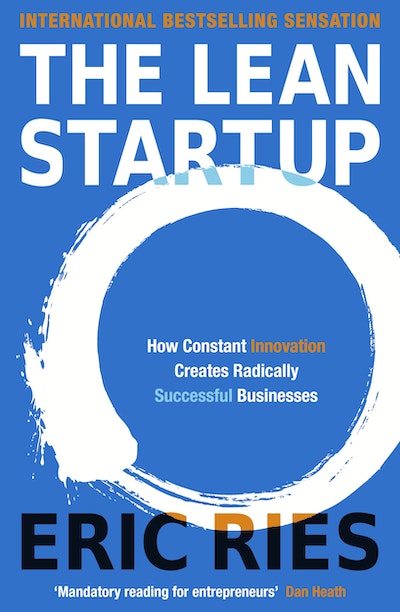Review: Lean Startup

I recently decided to revisit a classic, a book published more than 12 years ago and that did not disapoint.
It has all the talk about MVP and feedback loops that have become so commonly discussed nowadays. Plus a few gems that I was happy to pick on that new read.
It's all about innovation
Eric Ries offers a 3-step path to navigate through the risks and perils of innovation: Build - Measure - Learn. This, in really, forms a cycle as the "Learn" stage is expected to end with some adjustemnts (minor or radical) to Build.
This is at least the part that stuck in the industry where most, if not all, are well aware of the importance of having a feedback loop.
And, as the title suggest, the 3 steps are derived from an application of Lean principles, a relation that seems to have stuck a lot less.
It's all about lean
The book can also be read as a demonstration of how to apply Lean principles to innovation. A demonstration that brings along some important realizations like the fact that radical innovation is also possible in large established companies, so long as they apply an adapted kind of management.
I won't reproduce the full reasoning here and I'll only emphasize the starting point: Eric Ries builds an analogy between Toyota, the birthplace of "Lean" and any deliberate effort to bring innovation to a market.
The model underpinning the analogy is essentially that both kinds of endeavour require being able to adapt quickly to a market, which requires to "work" (or "produce") in small batches, which in turn requires to chase waste and overheads in the process.
Back to the loop

Surfacing back the lean thinking into the definition of the feedback loop was somehow refreshing to me, as I feel that many "feedback loop" processes that I've seen over the years somewhat miss the point.
Typically what makes the feedback loop effective is that the loop described as "Build-Measure-Learn" must be "designed" in reverse order:
- define what you want/need to learn first
- design the metrics that will enable this learning
- build the minimum viable product (MVP) that will land this learning
Here come a few gems
I was happily surprised to find in that foundational book several clear answers to questions that I' ve heard asked many times when talking about the same concepts.
-
What metrics or KPIs to use ? -- The author offers a short list of metrics that can probe the value proposition and the engine of growth.
-
What about the quality of the MVP ? -- The quality should be tuned so that "bugs" do not get in the way of the learning.
-
How minimal is the MVP ? -- It should have everything needed for the learning including a way to measure the KPIs.
Conclusion
This book is a classic in its own right, and contains several more gems than the one higlighted here. A highly recommended read !
